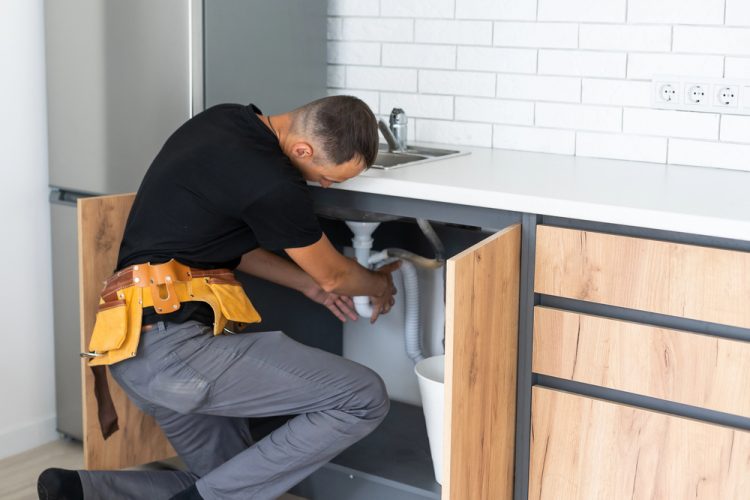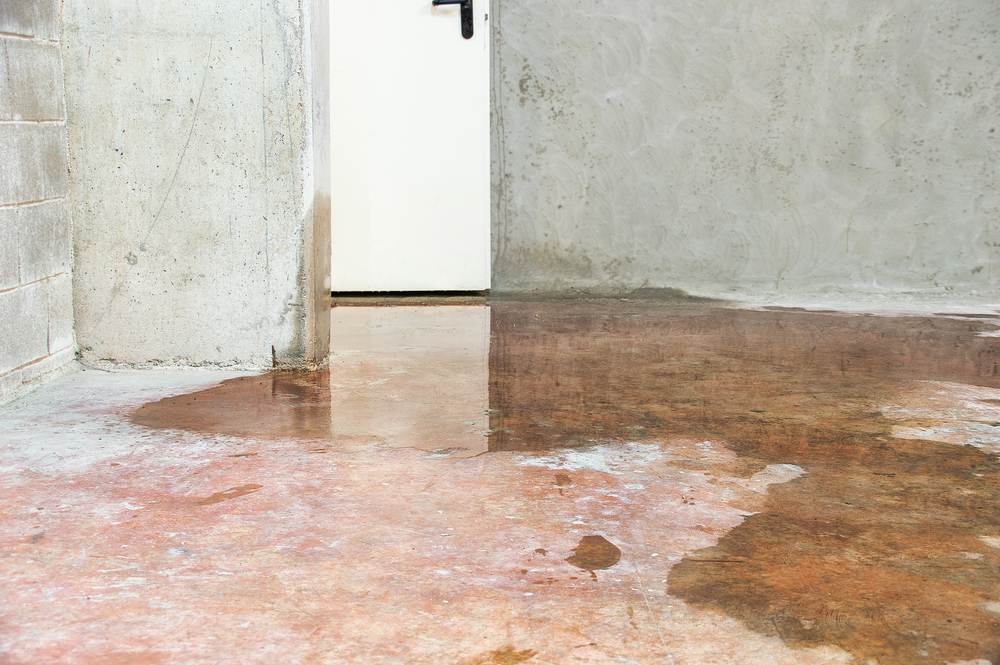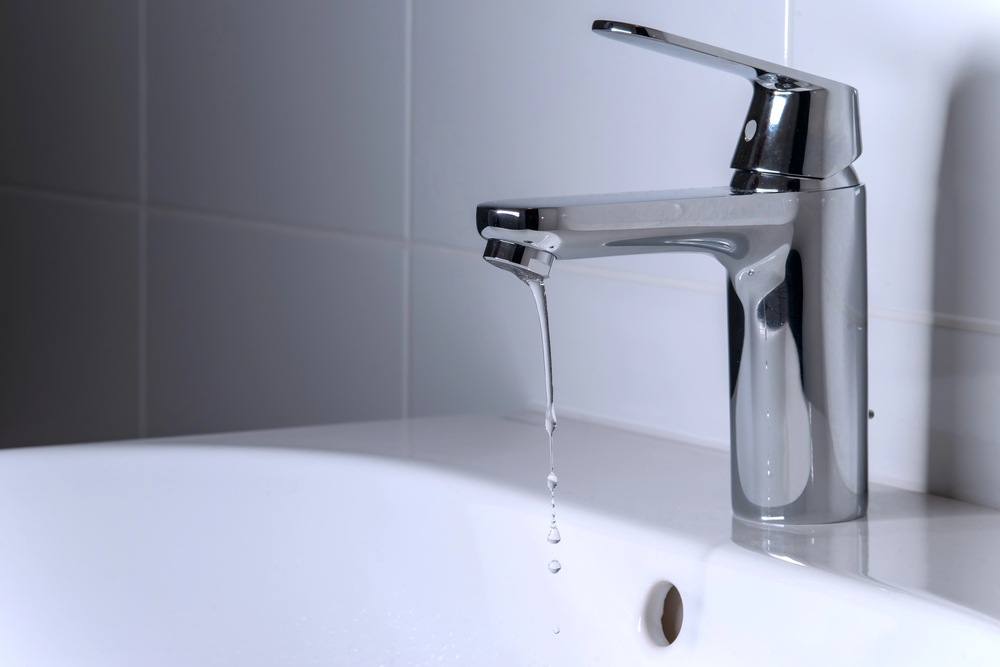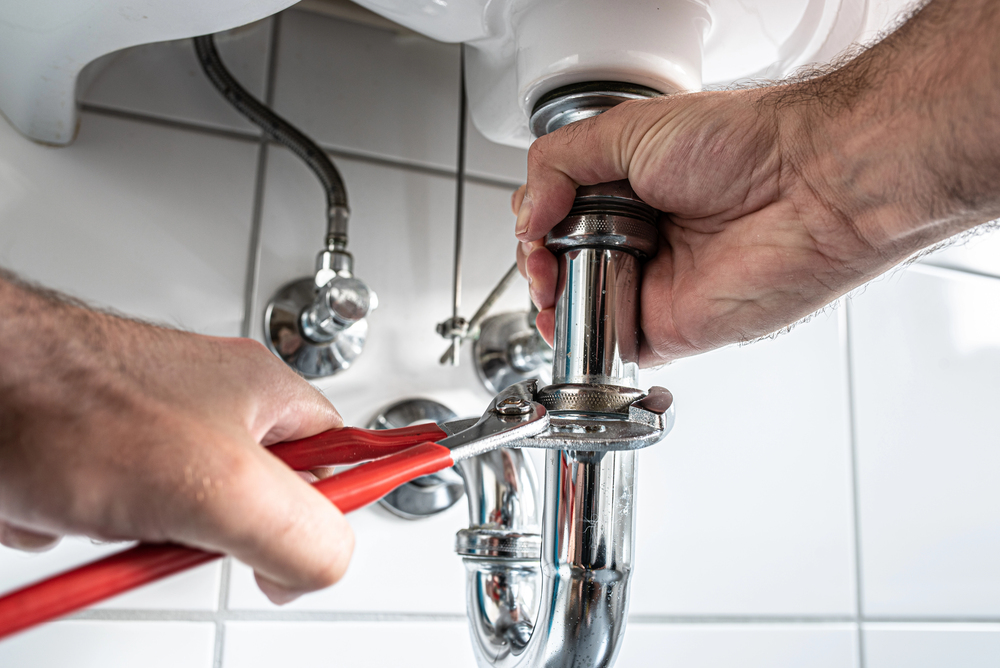Clogged Drain Sink: Causes, Fixes, And When To Call A Plumber
Book today with Z PLUMBERZ of North America.
A clogged sink drain can turn your day from smooth to chaotic. Understanding what causes drainage issues, how to fix them, and when to seek professional help can save you time, money, and frustration. Whether it’s a buildup of food debris or deeper plumbing issues, each clog requires a tailored approach based on your sink’s design and the type of blockage.

Understanding Different Types of Sink Drains
Kitchen and bathroom sinks experience different types of drainage problems. Kitchen sinks often connect to garbage disposals and dishwashers, which increases the number of components that can fail or contribute to clogs. These complex setups can lead to backups from disposal or dishwasher issues.
In contrast, bathroom sinks usually consist of a faucet, drain, and pop-up stopper. While simpler, they often fall victim to buildup from hair, soap scum, and personal care products. The smaller drain openings and overflow systems found in bathroom sinks also influence how clogs form and are resolved.
Common Causes of Kitchen Sink Clogs
Kitchen clogs often stem from grease, coffee grounds, food scraps, and small objects. Grease is particularly harmful; it solidifies in pipes, trapping other debris. Avoid pouring it down the drain entirely. Similarly, coffee grounds, though fine, don’t dissolve in water and can form dense blockages.
Starchy and fibrous foods, such as pasta, rice, celery, and onions, can also cause trouble. They either swell with water or tangle together, creating obstructions. Even homes with garbage disposals aren’t immune, especially if they’re misused or overloaded.
Understanding Bathroom Sink Blockages
Hair is the leading culprit in bathroom sinks. It binds with soap residue and toothpaste, creating blockages that develop slowly over time. Liquid soaps, shampoos, and body washes leave sticky films on pipe walls, which harden and narrow water flow.
Other personal care items, such as makeup or toothpaste, can build up due to their water-resistant ingredients. Objects like cotton swabs or jewelry can also slip into drains and create sudden clogs. Pop-up stoppers in bathroom sinks tend to collect debris and require regular cleaning to maintain proper function.
Essential DIY Methods for Clearing Sink Clogs
Start with simple fixes. A hot water flush can often dissolve grease-based clogs if done regularly. Pour hot water slowly to prevent splashing and maximize contact with the blockage.
A mixture of baking soda and vinegar is another effective method. Pour one cup of each down the drain, cover with a cloth, and let it fizz for 30 minutes. Then, rinse with hot water. This method breaks down organic matter without the use of harsh chemicals.
For tougher clogs, plunging can help. Use a flat-rimmed plunger and ensure the drain is submerged. Apply steady pressure to dislodge the clog. If the kitchen sink connects to a dishwasher, clamp the hose first to prevent backflow during plunging.
Advanced DIY Techniques: P-Trap Cleaning
When surface methods fail, the issue may lie in the P-trap, the curved section under the sink that prevents sewer gases from entering your home. Place a bucket underneath, then unscrew the trap by hand or with pliers. Clean it thoroughly with hot water and a brush, and inspect for cracks or damage.
At Z PLUMBERZ, we recommend cleaning the P-trap every three months as part of preventive maintenance. After cleaning, reassemble and be sure to check for leaks. If drainage remains poor, the blockage may be deeper in the system and require professional assistance.
Using Drain Snakes and Augers Effectively
For deeper clogs, drain snakes and augers offer mechanical solutions. Manual snakes can physically break apart or retrieve blockages. Insert slowly, rotating until resistance is felt, then work the blockage free. You may need several passes for stubborn clogs.
Electric augers deliver more power and are ideal for mainline clogs. Use with caution, especially in older homes with fragile pipes. If you’re unsure, it’s safer to call a professional. Misuse can lead to more serious damage.
When DIY Methods Aren’t Enough
If multiple fixtures are draining slowly or backing up, the issue likely lies in the main sewer line. DIY methods won’t resolve these complex problems. Persistent clogs, despite regular maintenance, may indicate structural damage, root intrusion, or collapsed pipes.
Foul odors from drains could indicate vent issues, a dry or faulty P-trap, or more severe blockages. These problems require prompt professional attention. At Z PLUMBERZ, we’ve seen well-meaning DIY attempts go awry, from overtightened fittings to the misuse of chemicals. When in doubt, consult an expert on clogged drains.
Professional Diagnostic Tools and Techniques
Professionals use tools such as video inspections to assess pipe interiors, pinpoint blockages, and identify damage. High-pressure water jetting clears tough debris while cleaning pipe walls for lasting results.
Industrial-grade snakes and augers handle extensive clogs and navigate complex plumbing networks. These tools, combined with expert technique, solve drainage issues more effectively than consumer-level equipment.
At Z PLUMBERZ, we provide these services with upfront pricing and same-day appointments. Our team ensures every job is done thoroughly, so you understand the scope and cost of repairs without surprises.
Preventive Maintenance Strategies
To avoid future clogs, be sure to dispose of grease properly and use strainers to catch food scraps. Run hot water weekly to clear minor buildup. For bathroom sinks, clean pop-up stoppers regularly and use drain screens to catch hair. Routine hot water flushes will prevent soap scum from solidifying and keep your drains in better condition
Monitoring drainage performance helps you catch problems early. Remember: preventive steps are almost always cheaper and easier than emergency fixes.
Understanding Chemical Drain Cleaners
While tempting, chemical drain cleaners often cause more harm than good. They can corrode pipes, damage seals, and release dangerous fumes. They rarely resolve the underlying issue and may create recurring clogs. That’s why professional plumbers often favor mechanical or natural solutions. However, when chemicals are necessary, we use professional-grade treatments that are safer and more effective.
Recognizing Emergency Situations
If water backs up across multiple fixtures or if foul odors persist, call a plumber immediately. These signs indicate major blockages or system failures that require urgent attention. At Z PLUMBERZ, our 24/7 emergency service ensures your plumbing issues are resolved quickly. Whether it’s a slow drain or a full backup, we restore your system with speed and care.
Sink drainage problems can disrupt your day, but with the right knowledge and help from Z PLUMBERZ, you can keep your plumbing flowing smoothly. Our expertise, transparent pricing, and fast service ensure your home stays functional and stress-free.
Additional benefits of partnering with us include
-

24/7 Emergency Services, Paperless Communication
-

Reduced Rates and Preferred Pricing
-

Preventative Maintenance Scheduling
-

Online Scheduling and Account Management


